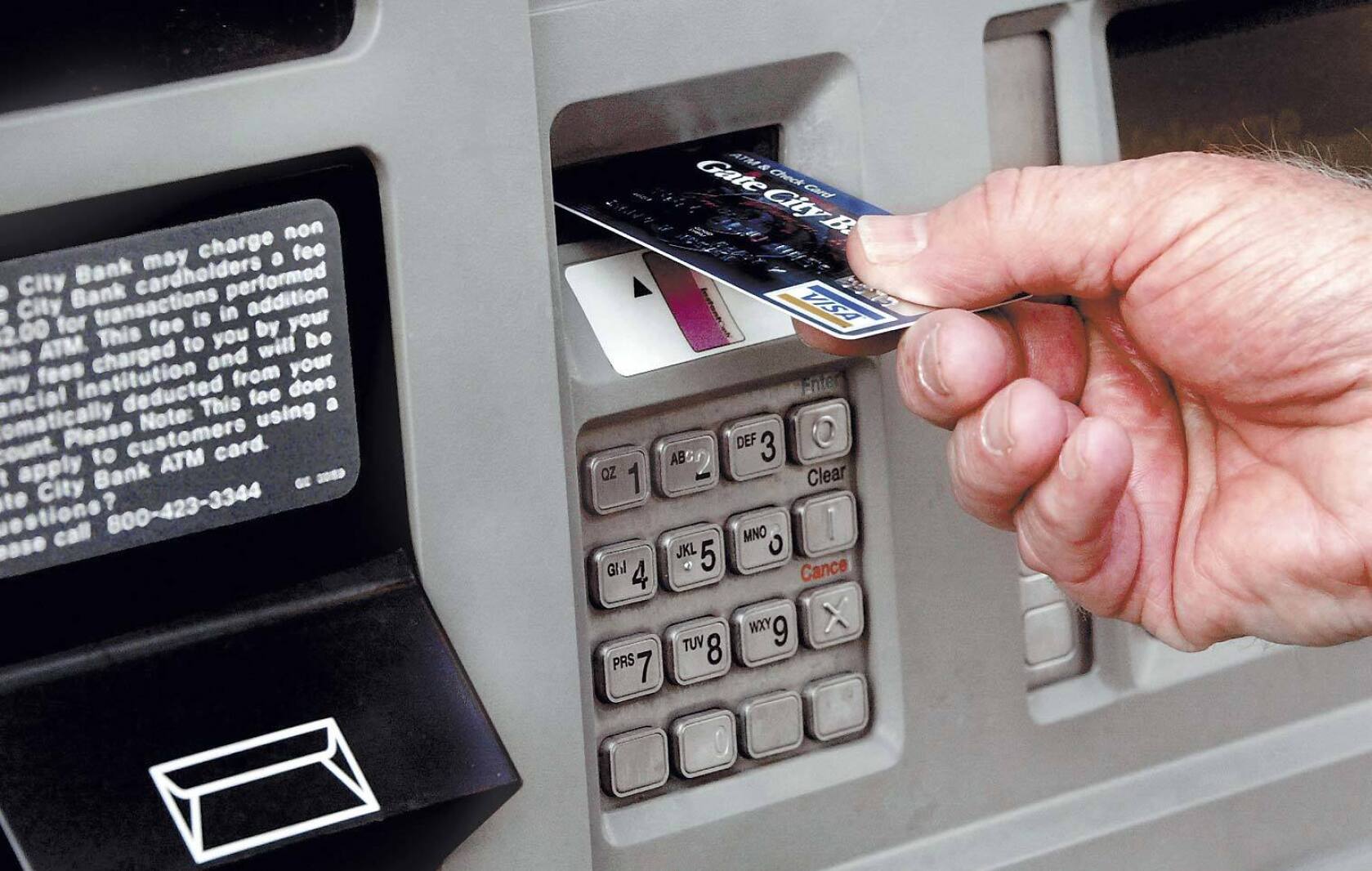Crypto Crackdown: AARP Pushes North Dakota Governor to Tighten Kiosk Regulations

New Crypto Kiosk Bill Aims to Protect Consumers and Enhance Transparency
A groundbreaking legislative proposal, House Bill 1447, is set to revolutionize the cryptocurrency kiosk landscape by introducing comprehensive consumer protection measures. The bill targets digital currency transaction points, proposing a robust framework that prioritizes user safety and financial transparency.
Under the proposed legislation, cryptocurrency kiosk operators would be required to obtain specific licensing, signaling a significant shift towards more regulated digital currency transactions. This move aims to create a more accountable environment for cryptocurrency exchanges and protect consumers from potential fraudulent activities.
Key provisions of the bill include mandatory fraud warnings prominently displayed at kiosks and the requirement to provide printed receipts for every transaction. These measures are designed to empower consumers with clear information and create a paper trail for digital currency exchanges.
By implementing these regulations, lawmakers hope to build trust in cryptocurrency transactions and provide an additional layer of security for individuals engaging with digital currencies through public kiosks.
The bill represents a critical step towards mainstream cryptocurrency adoption, balancing innovation with consumer protection in an increasingly digital financial landscape.
